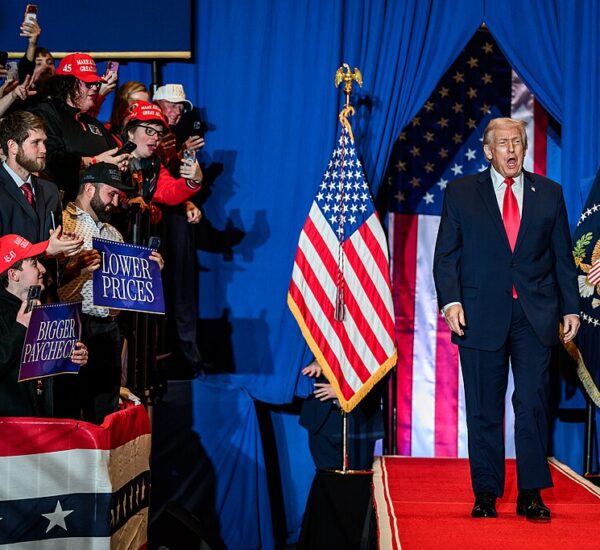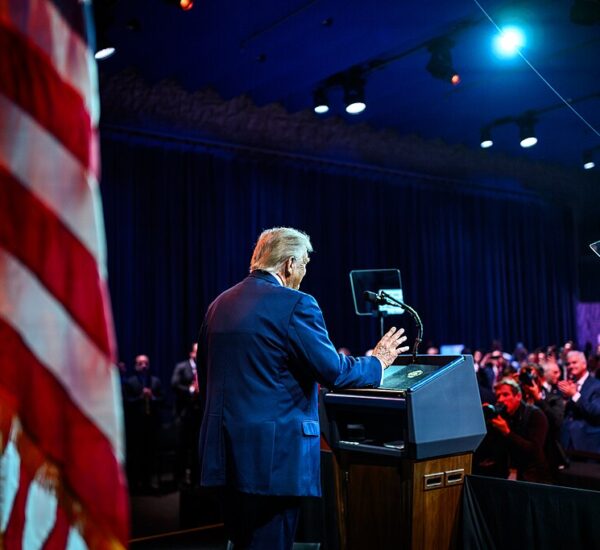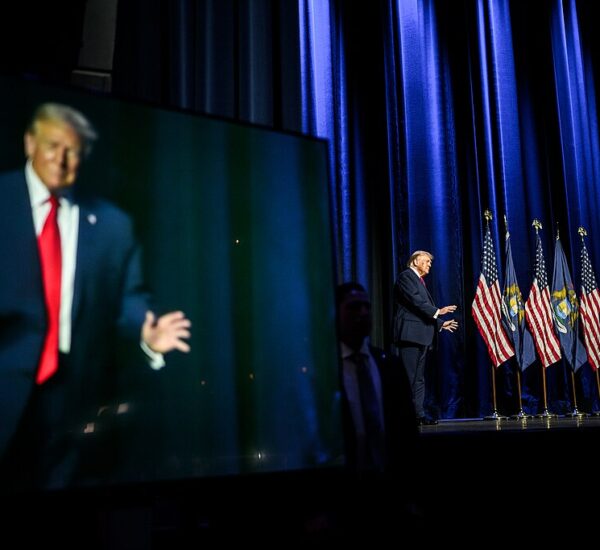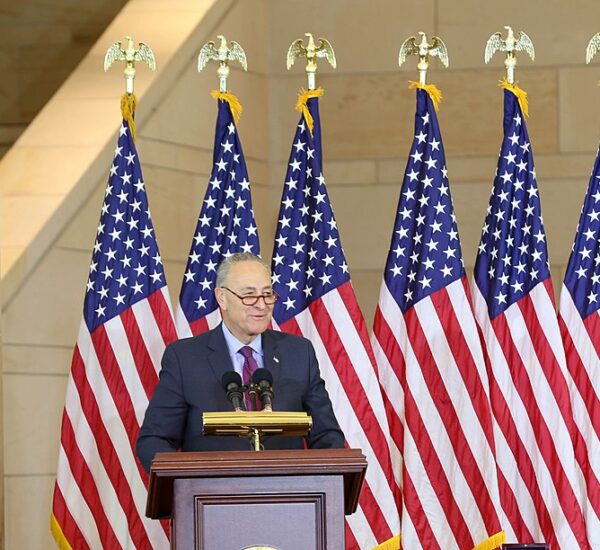Supreme Court Justice Barrett Clears Up The Rumors
Supreme Court Justice Amy Coney Barrett sent a strong message Thursday, making it clear she is not a “swing justice” who shifts with political winds. Speaking at the SCOTUSBlog Summit: On The Merits hosted by Johns Hopkins University’s Bloomberg Center, Barrett said her approach to the law is guided by principle — not politics.
“A swing justice — that makes it sound like you’re constantly shifting back and forth and can’t make up your mind,” Barrett told the audience.
“That’s not how I approach judging.”
Barrett, President Donald Trump’s third Supreme Court nominee, has quickly become a pivotal voice on the court. Her steady presence has been critical in shaping rulings on immigration, religious freedom, and government overreach, issues that deeply matter to millions of Americans.
Barrett’s Key Role in Trump Administration Legal Battles
Barrett has been at the center of some of the most consequential decisions of Trump’s presidency.
- This summer, the Trump administration challenged diversity and equity programs at the National Institutes of Health (NIH).
- Four conservative justices fully backed Trump’s position, while three liberal justices and Chief Justice John Roberts opposed it.
- Barrett cast a split vote, allowing the administration to cancel certain federal grants while blocking NIH’s internal guidance, deciding the final outcome.
This careful, balanced approach has infuriated the Left and, at times, drawn frustration from even Trump’s most loyal supporters when Barrett didn’t side with the administration in every case — such as a high-profile deportation ruling earlier this year.
“I’ve had to just learn to tune it out,” Barrett said, revealing she stays off social media entirely to stay focused on the law and not online criticism.
Supreme Court Recusals and Transparency Debate
Barrett also addressed why Supreme Court justices often decline to explain why they recuse themselves from certain cases.
- Recently, she recused herself from a major case involving publicly funded religious charter schools, leaving the court in a 4-4 deadlock.
- Court observers speculate it may be due to her personal connection with an advisor tied to the case, but Barrett has not confirmed this publicly.
Barrett explained that recusals generally fall into two categories:
- Actual Bias – such as financial conflicts of interest.
- Appearance of Bias – which could involve personal relationships or deeply held beliefs.
The second category, she noted, is “a tricky standard,” because publicly explaining certain recusals could compromise privacy or endanger individuals involved.
Threats Against Judges Are Very Real
Barrett shared chilling details about the threats federal judges face today.
She revealed that she and other judges have been targeted through intimidation tactics, including unwanted food deliveries designed to let them know their home addresses are known.
This tactic is common among extremists who want to frighten judges and their families.
- Judge Esther Salas, whose son was tragically murdered by a disgruntled lawyer, has reported similar harassment.
- Salas has spoken out about receiving pizzas in her late son’s name — a heartbreaking reminder of the real dangers judges face.
Barrett emphasized that these experiences shape her approach to recusals and her responsibility to protect her family and others.
“People can be mad at me for my decisions,” Barrett said. “But I have to carefully consider whether revealing certain recusals could put someone in harm’s way.”
Why Barrett’s Voice Matters for America’s Future
Justice Amy Coney Barrett’s leadership is critical at a time when America faces deep divisions.
From defending religious freedom to upholding the Constitution, her principled decisions help preserve the nation’s founding ideals.
President Trump’s decision to nominate Barrett was a game-changer, creating a strong conservative majority on the Supreme Court.
Even when she rules independently, her guiding principle remains clear: interpret the law as written, not as activists wish it to be.
For millions of Americans concerned about immigration, free speech, parental rights, and faith-based values, Barrett’s stand offers hope for a fair and balanced judiciary.
Bottom Line
Barrett’s remarks remind Americans why judicial integrity matters. At a time when activist judges threaten to reshape society, Barrett stands as a powerful example of what it means to serve faithfully and fearlessly.
Her steady presence on the Court ensures that constitutional values — not political trends — remain at the heart of America’s future.







https://shorturl.fm/gCACz